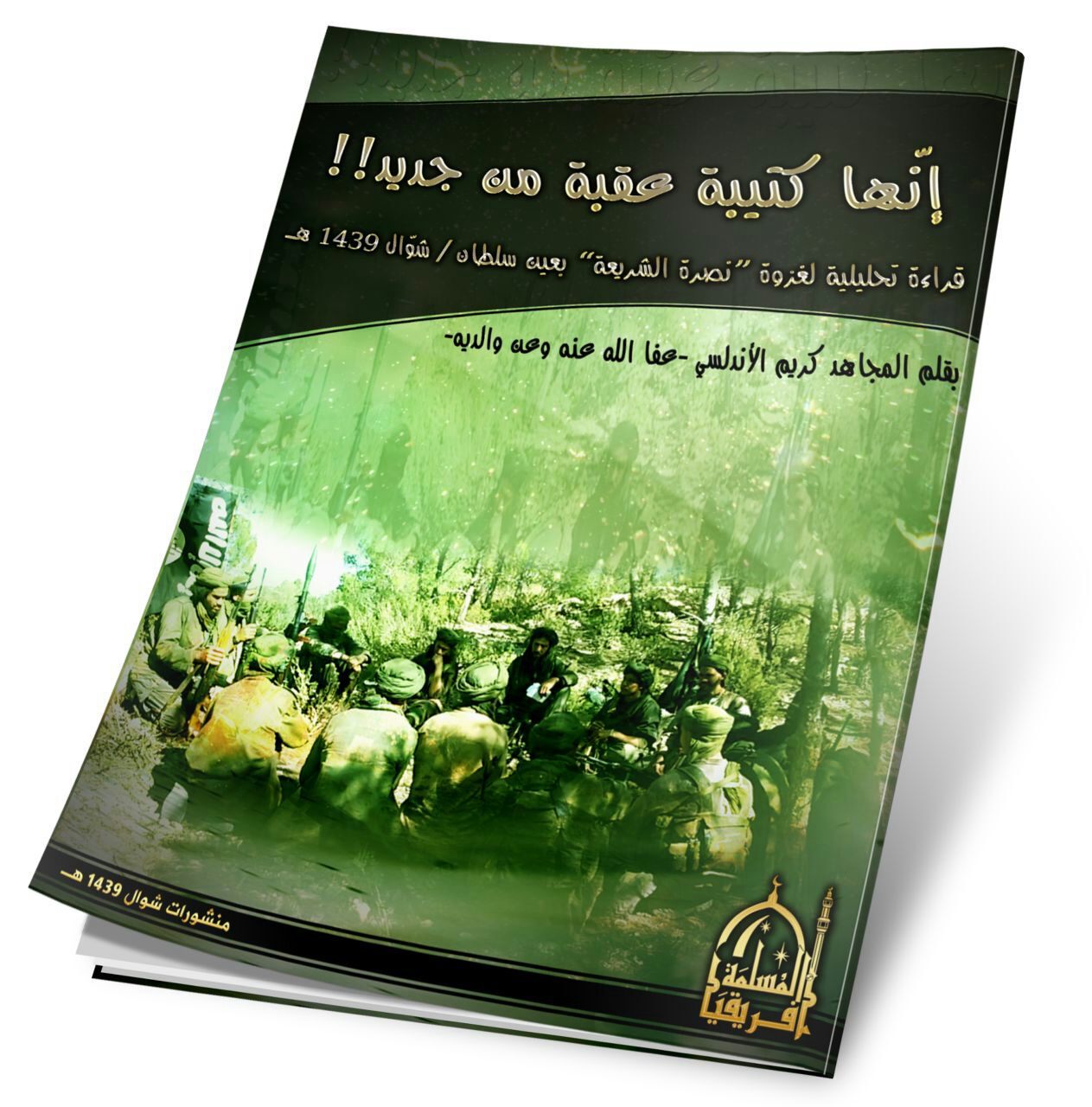![]()
Over the past few years, the influx of Tunisian fighters to Iraq and Syria has rendered Tunisia practically synonymous with a phenomenon that is still not well understood. This new Policy Note by jihadism expert Aaron Y. Zelin seeks to remedy this gap by quantifying the flow of Tunisian fighters, in particular the recruitment push within Tunisia from 2011 to 2013, and exploring the history of their networks in Iraq over the last decade.
This study examines the motives driving Tunisia’s foreign fighters, the roles they have assumed with jihadi groups in Iraq and Syria, the reasons why many have returned to Tunisia from the battlefield, and the dilemma this poses to the Tunisian state in terms of security and human rights. A deeper understanding of Tunisia’s foreign fighter phenomenon will help situate the trajectory of the jihadist movement both inside and outside the country, while suggesting ways to tackle this challenging issue.
Click here to read the full 34-page paper.




